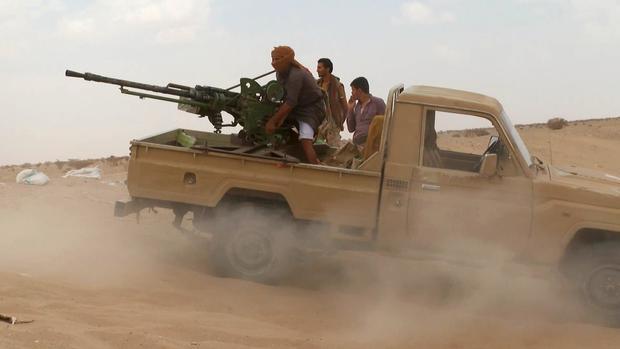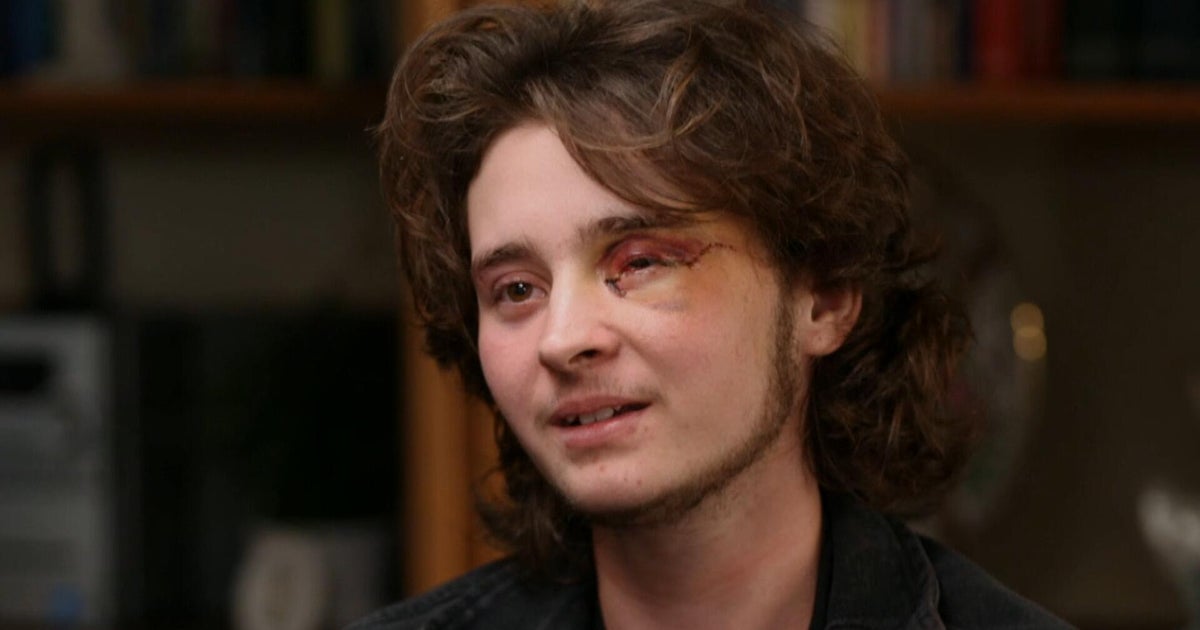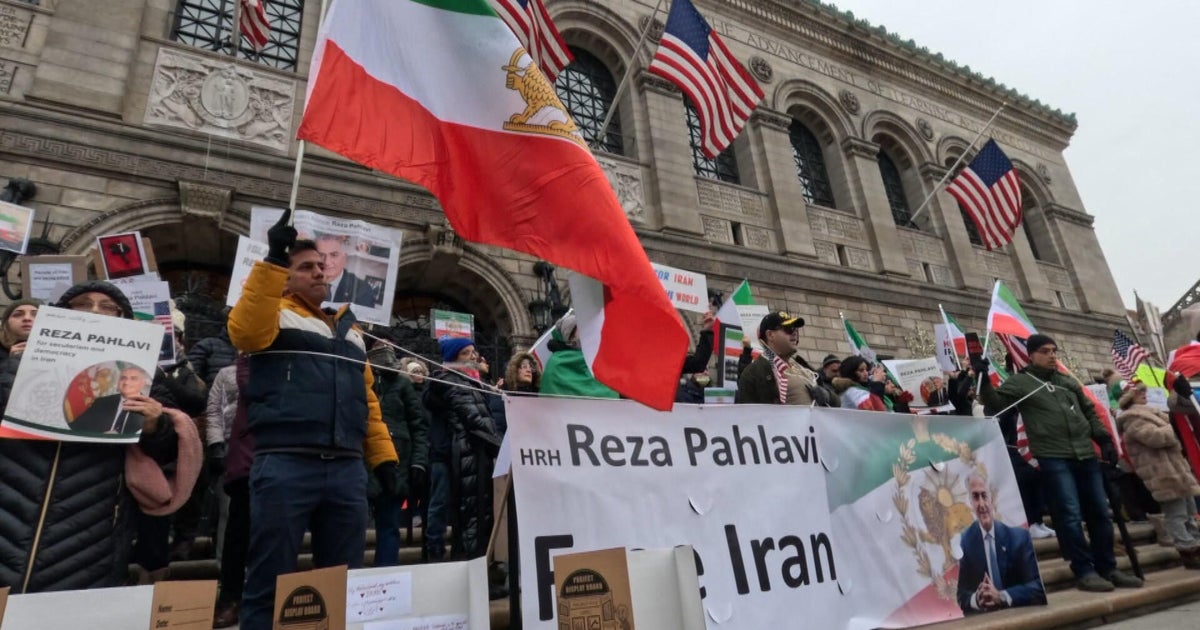20 years after 9/11, al Qaeda is still a threat. Yemen's largely forgotten civil war has let the terror group thrive.
Central Yemen — It's been almost 20 years since the September 11 attacks that prompted the U.S. invasion of Afghanistan and Washington's declaration of a "war on terror." But almost 2,000 miles away from Afghanistan, the group that launched the attacks on America is still operating with impunity.
Al Qaeda has taken advantage of the chaotic civil war in Yemen not only to survive, but to plan and carry out attacks on Americans and their allies.
CBS News correspondent Holly Williams got rare access to join Yemeni troops as they fight a bloody conflict that gets so little attention, it's sometimes referred to as "the forgotten war."
Yemeni government forces brought Williams and a CBS News photographer to the front line, where they're fighting for control of a barren expanse of desert. The troops are battling Houthi rebels who've seized the capital city of Sanaa and huge swathes of land around it.
The Saudi Arabian government invited CBS News to witness the conflict first-hand. The Saudis back Yemen's government and, along with the U.S., accuse Iran of arming the rebels. Both sides have been accused of committing war crimes over the course of the conflict, which is entering its eighth year.
In that time, the war has killed almost 250,000 people, according to the United Nations. Some of them have been victims not of bullets or bombs, but of starvation — the fighting has made it even harder for aid agencies to get food to those who need it in the country, which was already one of the poorest on Earth before the war started.
The same anarchy leaving people to die of starvation and treatable diseases has also left space for al Qaeda to thrive.
Al Qaeda in the Arabian Peninsula, or AQAP, has been hammered for years by U.S. drone strikes, but many analysts still consider it the most dangerous affiliate of the group that attacked America 20 years ago.
It was AQAP that trained the man who attempted to down a U.S. airliner on Christmas Day in 2009, with explosives sewn into his underpants. It also claimed responsibility for the 2015 attack in Paris that left 12 people dead, and an attack in Pensacola in 2019 that left three dead.
Sultan al-Arada, the Governor of Yemen's northern Marib province, which has seen some of the worst violence lately, told Williams that it would only be possible to rid his country of al Qaeda if the country can be united.
"We need a state," he said. "If we had a functioning government, we could clean them out."
More than 4 million Yemenis have fled their homes, many of them ending up in dusty camps for the displaced.
Abdullah, 12, lives in one of those camps. He told Williams that he wants to be a doctor when he grows up.
But as long as the war rages, there's little hope for children like Abdullah of realizing their dreams. There's just the desperation that groups like al Qaeda feed off.
Al Qaeda's Yemen affiliate recently celebrated the Taliban's takeover of Afghanistan, and like other Islamic extremist groups around the world, it has been inspired by their victory.






